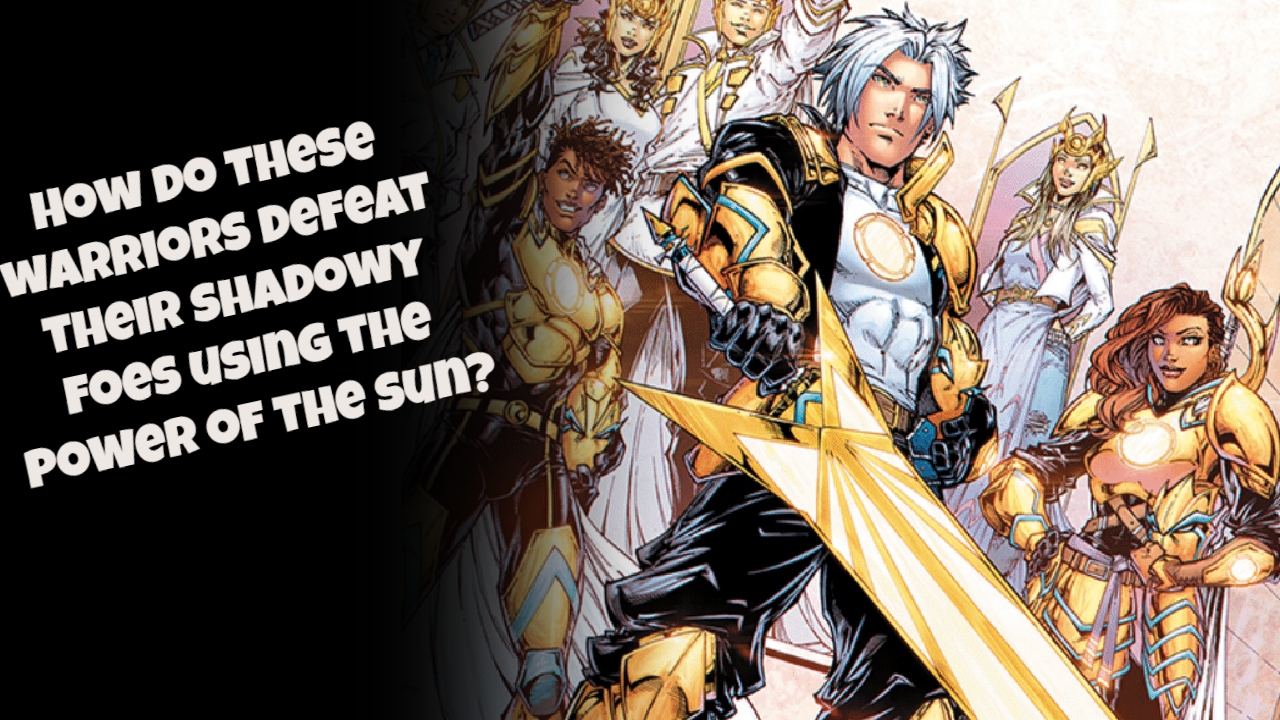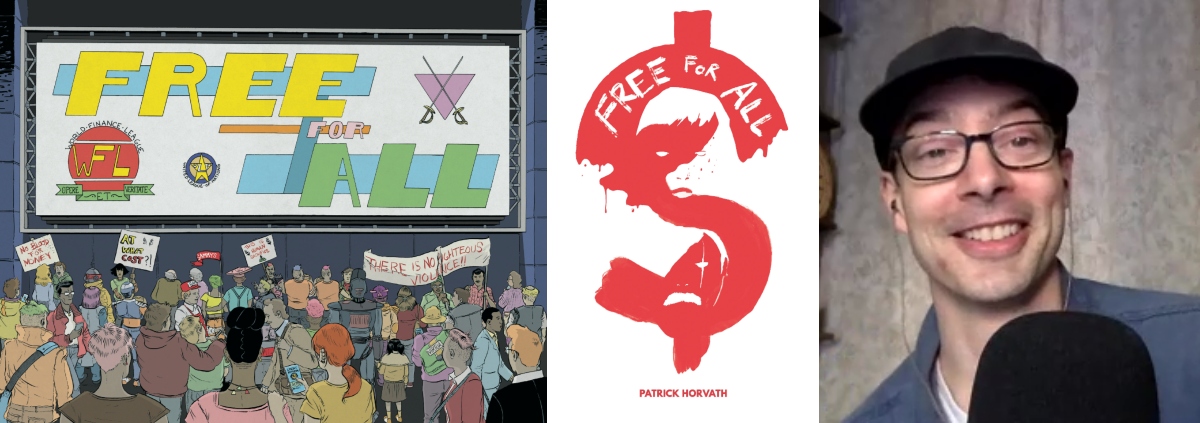The glitz and glamour of Hollywood have always captivated audiences worldwide, but behind the scenes, the industry is a complex web of talent, creativity, and financial investments. As the Hollywood actors’ strike just started and looks loom through the fall, it is crucial to understand the catastrophic consequences such an event could have on the entire film and television ecosystem. While actors are undeniably essential to the industry’s success, the strike will cause a domino effect that has brought production to a grinding halt in the United States, devastating everyone involved.
The backbone of the entertainment industry lies in the synergy of countless professionals, ranging from directors, producers, cinematographers, and writers, to the talented crews working tirelessly behind the camera. However, without actors, the very heart of storytelling would be silenced. The current Hollywood actor’s strike will result in a dramatic decline in productions, leaving many projects in limbo (Deadpool 3 and Mission Impossible) and preventing others from even starting. This stagnation will not only affect the actors themselves but also countless industry professionals who rely on these projects for their livelihoods.
Hollywood is an economic powerhouse in the United States, generating billions of dollars in revenue each year and supporting countless ancillary industries. The current actor strike will send shockwaves through the economy, with the initial impact of a significant decline in box office earnings, television ratings, and streaming revenues. The impact will extend far beyond the entertainment industry that is being covered in the media, it will affect businesses such as theaters, restaurants, hotels, and even tourism in California. The economic ramifications will be felt not only by the well-known A-list actors but also by the multitude of aspiring actors, crew members, and other industry workers struggling to make ends meet.
A prolonged Hollywood actor’s strike will not only disrupt ongoing projects but also diminish future prospects. Disney CEO Bob Iger just revealed that the company will be making less Marvel and Star Wars content before the strike was announced. Film studios, networks, and streaming platforms are constantly seeking fresh and compelling content to captivate audiences. However, with production pipelines disrupted, these entities would be compelled to cut back on new projects, limiting opportunities for emerging talent and stifling creativity. The lack of diverse stories and voices will not only alienate audiences but also hinder the industry’s progress toward inclusivity and representation that it has been working on the previous couple of years.
The entertainment industry thrives on its reputation for delivering exceptional content, drawing audiences to theaters and screens worldwide. A prolonged actors’ strike would tarnish this reputation, leaving audiences disillusioned and eroding their trust in the industry. Viewers might seek alternatives, turning to other forms of entertainment, anime or foreign films, or even boycotting the industry altogether. The repercussions will extend beyond immediate financial losses, resulting in long-term damage to the film and television industry’s public image.
Also Check Out: The Wheel Of Time SDCC Panel Cancelled Along With Others Due To SAG And WGA Strike
The global entertainment landscape has become increasingly competitive, with other countries, such as the United Kingdom, Canada, and Australia, offering attractive incentives to lure productions away from Hollywood. The strike will provide an opportunity for these international competitors to fill the void left by the stagnation in Hollywood. As international productions gain momentum, they will not only secure financial gains but also build their own reputation and talent pool, potentially redirecting future investments away from Hollywood permanently.
While the demands and concerns of actors are valid, the Hollywood actors’ strike will be detrimental to the entire film and television industry if it carry’s on too long. The domino effect of halted production, economic decline, lost opportunities, damaged reputation, and increased international competition will reverberate for years to come on an industry that is still recovering from the shutdown due to Covid. It is in the best interest of all parties involved to find common ground and seek solutions as soon as possible that ensure the sustainable growth and prosperity of the industry. Collaboration and open dialogue can bridge the divide between actors and industry stakeholders, allowing them to find a balance that preserves the art of storytelling while safeguarding the livelihoods of those who contribute to its creation.

 FOR FANBOYS, BY FANBOYS
Have you checked out LRM Online’s official podcasts and videos on The Genreverse Podcast Network? Available on YouTube and all your favorite podcast apps, This multimedia empire includes The Daily CoG, Breaking Geek Radio: The Podcast, GeekScholars Movie News, Anime-Versal Review Podcast, and our Star Wars dedicated podcast The Cantina. Check it out by listening on all your favorite podcast apps, or watching on YouTube!
Subscribe on: Apple Podcasts | Spotify | SoundCloud | Stitcher | Google Play
FOR FANBOYS, BY FANBOYS
Have you checked out LRM Online’s official podcasts and videos on The Genreverse Podcast Network? Available on YouTube and all your favorite podcast apps, This multimedia empire includes The Daily CoG, Breaking Geek Radio: The Podcast, GeekScholars Movie News, Anime-Versal Review Podcast, and our Star Wars dedicated podcast The Cantina. Check it out by listening on all your favorite podcast apps, or watching on YouTube!
Subscribe on: Apple Podcasts | Spotify | SoundCloud | Stitcher | Google Play




